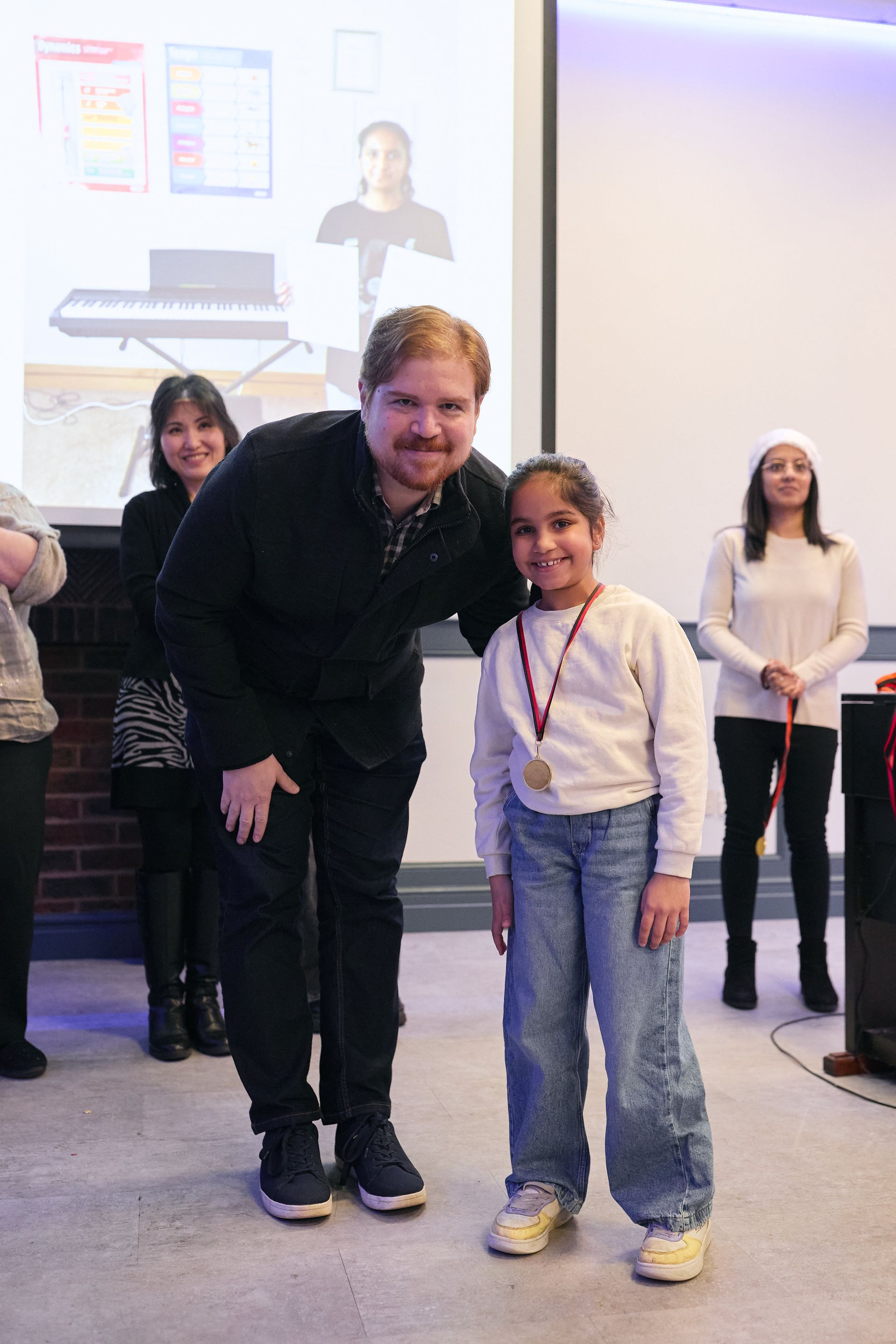Pros and Cons of Piano Exams
Learning to play the piano is an exciting journey, and many students choose to follow a structured grading system, such as ABRSM, RCM, or Trinity College exams. These exams provide a clear roadmap for progress, but are they the right choice for every pianist? Let’s explore the pros and cons of graded piano exams to help you decide.
Pros of Graded Piano Exams
1. Structured Learning Path – Grading systems provide a clear syllabus, ensuring students develop technique, sight-reading, and theory in a progressive manner.
2. Motivation and Goals – Exams give students specific targets to work towards, which can boost motivation and a sense of achievement.
3. Recognition and Credentials – Successfully passing exams provides certificates that can be useful for academic applications or music-related careers.
4. Feedback from Experts – Examiners offer constructive criticism and professional feedback to help students improve.
5. Skill Development – Preparing for exams builds discipline, performance confidence, and time management skills.
Cons of Graded Piano Exams
1. Pressure and Stress – The exam environment can be stressful, which may discourage some students from enjoying the learning process.
2. Limited Repertoire – Grading systems focus on set pieces, potentially limiting exposure to a wider variety of music styles.
3. Focus on Technicality Over Creativity – Exams emphasize technique and accuracy, sometimes at the expense of creativity and personal interpretation.
4. Not Suitable for Every Learner – Some students may thrive with a more flexible, self-paced approach rather than a rigid grading structure.
5. Cost and Time Commitment – Preparing for and taking exams can be expensive and time-consuming, which may not suit every student’s lifestyle or budget.
Grading systems offer a valuable framework for structured learning and skill development, but they are not the only path to mastering the piano. Some students benefit from the discipline and motivation that exams provide, while others thrive with a more flexible, exploration-based approach. Ultimately, the best path depends on the individual’s goals, learning style, and personal enjoyment of music. Get in touch to find out more information here: www.keysoundsuk.com/contact



